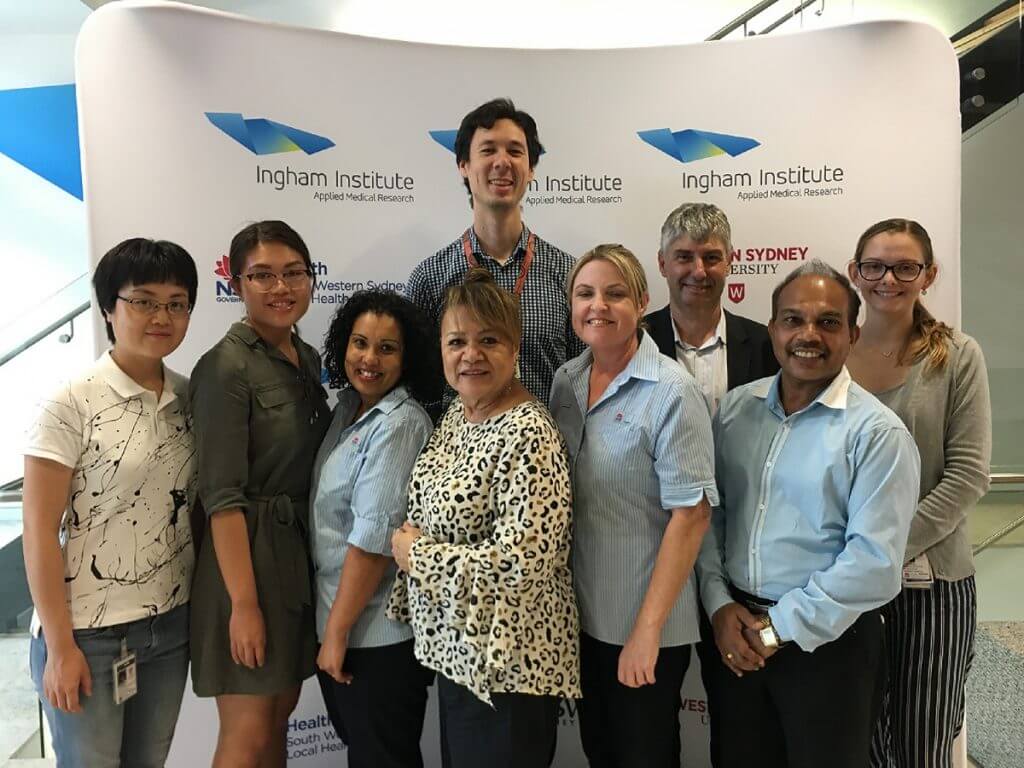RESEARCH HIGHLIGHT
IMPACT ON PATIENT RECOVERY AND OUTCOME OF VERY EARLY TIME TO PRESENTATION: IMPROVE STROKE AWARENESS STUDY
Background:
Time of stroke onset to hospital presentation is an important determinant of whether patients qualify for time-sensitive reperfusion therapy. As such, initiatives promoting awareness about benefits of early presentation are keys for delivering improved care to stroke patients.
The study focusses on patients of diverse cultural and linguistic background (CALD) with historical evidence of delayed hospital presentation for stroke and lower likelihood to call an ambulance (Bhaskar, S., Thomas, P., Cheng, Q., Clements, N., McDougall, A., Hodgkinson, S., Cordato, D. (2019).Trends in acute stroke presentations to an emergency department: implications for specific communities in accessing acute stroke care services. DOI: 10.1136/postgradmedj-2019-136413).
The study will investigate their stroke awareness and knowledge. CALD patients have higher incidences of cardiovascular diseases and vascular risk factors. The survey and education will raise their stroke awareness, emphasise the importance of early hospital presentation and optimal risk factor management.
Study Objectives:
- To understand community awareness and knowledge of stroke.
- To encourage community leaders to communicate and emphasize the importance of early hospital presentation for time critical treatments.
- Develop and facilitate education sessions that will translate into improved stroke awareness using FAST (Face, Arm, Speech, Time) knowledge of stroke symptoms, and risk factors to prevent stroke.
To find out more about SWS Strong, please contact research@inghaminstitute.org.au



